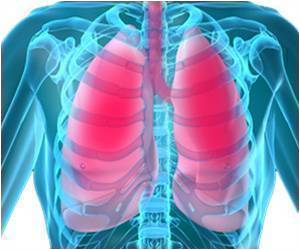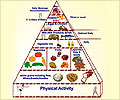According to a new study, over 35,000 have lived upto 100 years or more in the last 10 years, and a large proportion of them dying from frailty by pneumonia

Few studies have looked at the health and social care needs of centenarians compared to younger cohorts of older people, or the implications of extreme longevity for health policy and services. The King's study, funded by the National Institute for Health Research Health Services and Delivery Research (HS&DR) Programme and published in the journal PLOS Medicine, examined the cause and place of death in 35,867 centenarians in England between 2001 and 2010, and compared these findings with those of people who died in their 80s to 90s. The study also looked at factors such as the effect of socioeconomic deprivation on place of death.
The 35,867 people in the study spanned the age range 100-115 years (average age 101), and mainly comprised women (87%) and widowed people (85%). The number of centenarian deaths per year in England increased from 2,800 in 2001 to nearly 4,400 in 2010. Areas of highest deprivation in the UK had the lowest proportion of centenarian deaths, with dying more likely to occur in hospital than in a community setting. The North East of England had the lowest overall proportion of centenarian deaths (4%).
Over the ten-year period, around 60 per cent of centenarians died in a residential or nursing care home, a quarter died in hospital, a tenth died at home and a small number (0.2%) in a hospice.
'Old age' was the most common cause of certifying death (28%), followed by pneumonia (18%) and other respiratory diseases (6%); stroke (10%); heart disease (9%) and other circulatory diseases (10%); dementia and Alzheimer's disease (6%); and cancer (4%). Pneumonia accounted for the largest group of hospital deaths, while across non-hospital settings 'old age' formed the largest category followed by pneumonia. Overall, three-quarters of centenarian death certificates stated 'old age' as either an underlying cause (28%) or contributing cause (47%).
The main causes of death changed with increasing age. In the group aged 80-85 years, heart disease was stated on 19% of death certificates, with 'old age' on only one per cent of certificates.
Advertisement
"Compared to other European countries the proportion of people aged 90 years and over dying in hospital in England is high, and the number dying in care homes is low." For example, in the Netherlands and Finland more than three-quarters of people aged over 90 die in a long-term care setting such as a nursing home; far fewer die in hospital.
Advertisement
Source-Eurekalert










